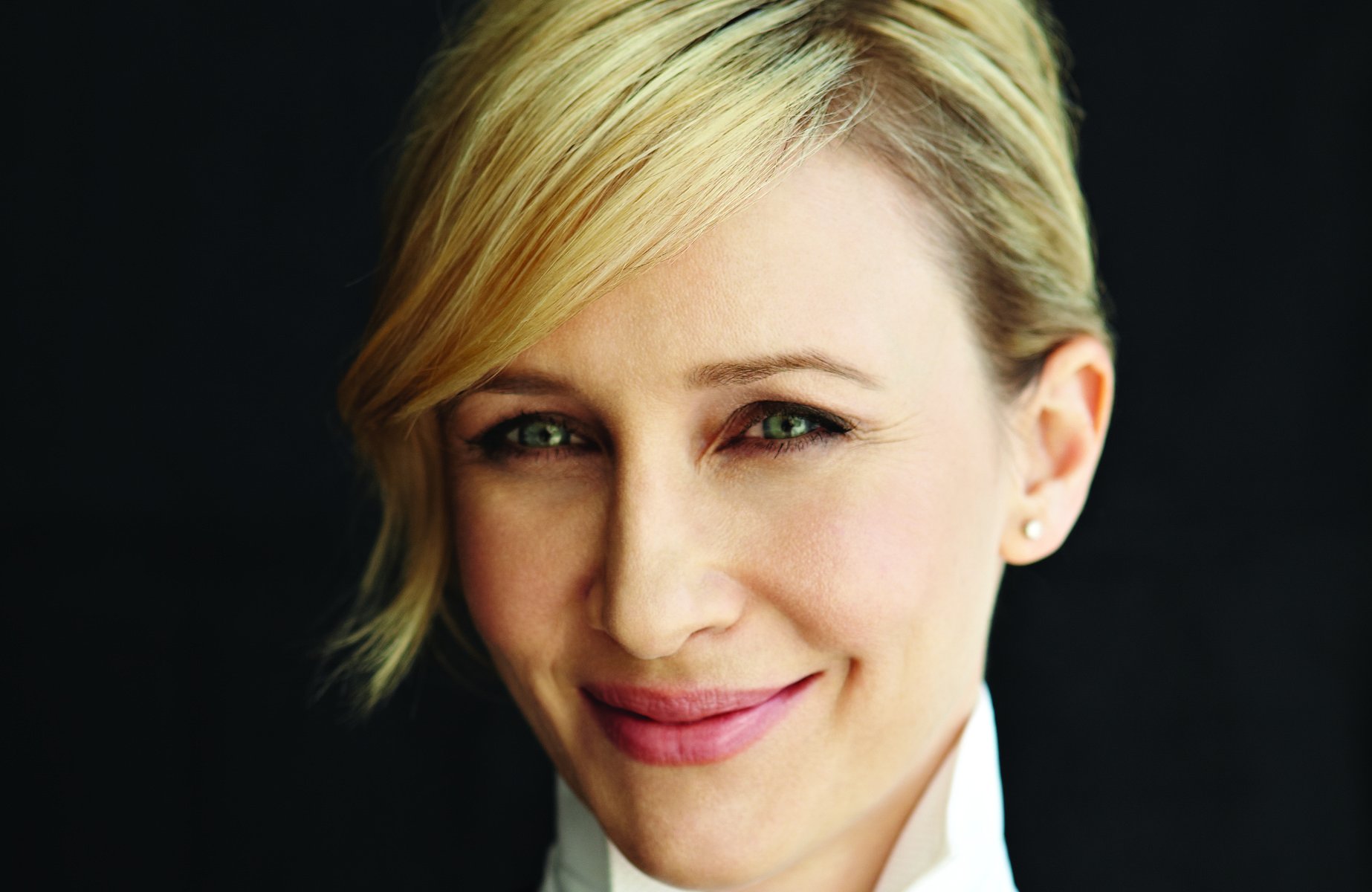This story appeared in the June 5 issue of AwardsLine.
Vera Farmiga admits she was skeptical when she first heard about Bates Motel, the series that serves as a modern-day prequel to Alfred Hitchcock’s Psycho. But playing a character who was merely an idea in the original source material has proven to be the right role at the right time for her. The Oscar-nominated actress is almost protective in describing Norma as the parent of a mentally ill child, choosing to see the single mother as sympathetic. While the A&E series has been picked up for a second season, Farmiga also will star in July’s The Conjuring, in which she plays a paranormal investigator.
When Bates Motel came to you, were you looking for a TV project specifically?
I think I was looking for a career tweak. I have so many other interests in life, and no role is more challenging, rewarding and inspiring than my real-life role as a mom and a wife, so I pretty much just look at the most remunerative offers these days. (Laughs.) But seriously, if I’m going to step away for 18 hours a day, there better be some sort of a paycheck or spiritual salary being offered. And Bates Motel surprised me. (The role) made me reflect so deeply on the love I feel for my children. I was craving a deeper level of, I don’t know, virtuosity. The writers presented me with this deeper level of sophistication, the creation of Norma, and I pounced on the opportunity. Also, I was craving all that cable serial television has to offer, which is the risk and the wackiness, the unorthodox.
Did you have any misgivings about tackling such an iconic film from an iconic director?
The purist in me was really suspicious. I love that film, and I’d be lying if I said I wasn’t kind of turned off by the interdependence to Psycho. Upon reading it, I think setting it in the present really liberated it from the confines of the original. And after all, my character is a corpse; she’s a notion. The challenge is portraying her as an individual, rather than this caricature of an evil mother looming over Norman’s superego. In many ways, what I’ve been hired to do by (executive producers) Kerry (Ehrin) and Carlton (Cuse) is to be that criminal defense attorney, to dispute her image as that eternal narcissist who created that emotional damage and harmed her child. Instead, I want to represent a woman who has genuine empathy and who has an unlimited capacity for giving her child unconditional love.
Is it difficult to strike that balance between her being slightly off-kilter and seeming genuinely maternal?
I choose to see her as always being strong, brave, tough, resilient and passionate. Yes, she’s troubled and wrong—and just errant at times—but I only doubt her fundamental morality, like, 1 percent of the time. There are websites that I continually reference for inspiration, and I cannot help but approach this with enormous compassion. There’s no parent that can utter the words “My child has a mental illness” without their spirit completely imploding. There are no clear steps that any parent can take to make their mentally dysfunctional child healthier. But it’s an astounding character setting in that respect.
Now that the show has been renewed for a second season, where do you see that relationship with Norman going?
Other than downstairs in a root cellar? (Laughs.) It’s the great American tragedy, and we know where that story inevitably leads. And it’s grisly. It’s grim. We know that Norman’s going to become some sort of version of the guy in Psycho, and that Norma’s going to become some sort of version of that skeleton with the updo, but how are we going to get there? For me to answer that question, I’d have to divulge a major plot point. It’s like Chopin. It begins and it ends with dissonances, but in between I want to strike all those beautiful chords that make the story so complex.
You directed your first feature film, Higher Ground, last year. Do you have plans to direct again?
I was just asked by Carlton if I wanted to direct an episode, and with a 2- and a 4-year-old, I can’t. I just don’t have the time. To be honest, I still am trying to grasp the tone of Bates. It’s a wonderful thing, and I’m really enjoying it, but I feel like I’m on some rough seas because the tone of this show switches like the wind. It’s only been 10 episodes, so I am still getting to know my character. As far as directing, I do love it. I just haven’t found that story. I’m only comfortable working in the independent film arena for a very small budget where I have creative control and I can put my stamp on it.
You’re turning 40 this year. What do you see that meaning for you as an actress?
Do I care that my birthday cake will look like a small forest fire this August? No. If anyone else is concerned, they can go eff themselves. I transitioned out of youth and beauty roles before my career ever began. The kinds of roles I gravitate toward have become more abundant with age and wrinkles. I’m happier than ever; I’m older than ever.

